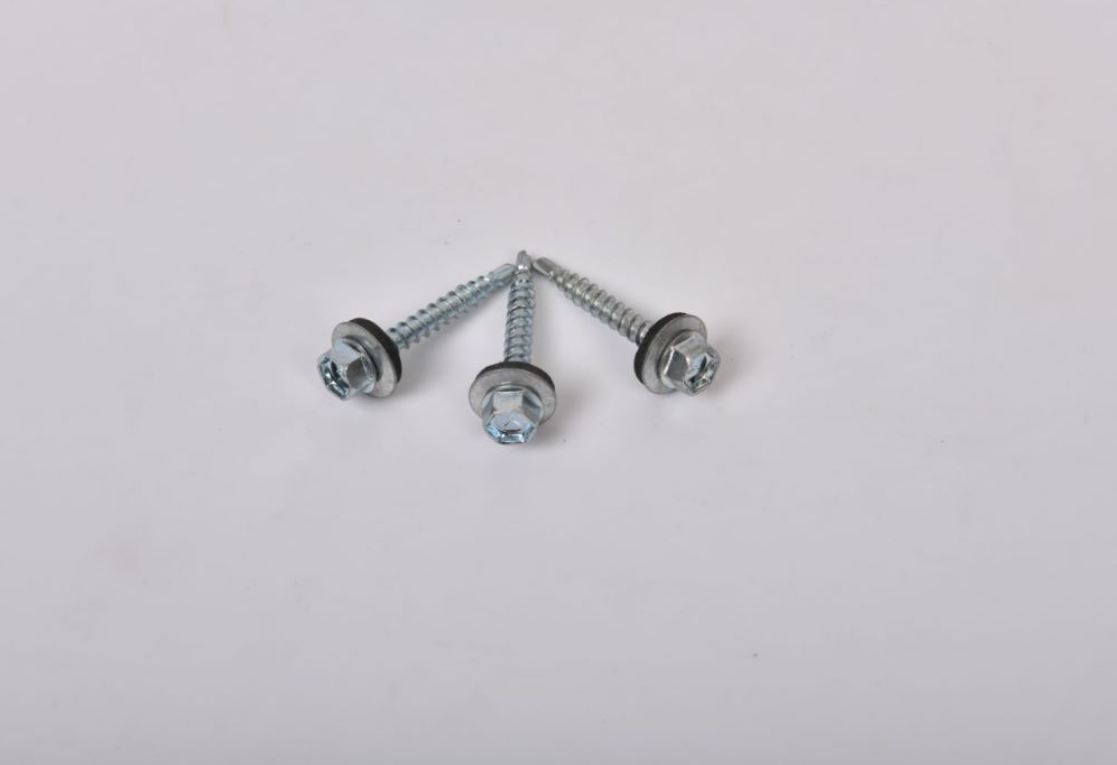Supplier of Self-Drilling Sheet Metal Screw Sizes for Various Applications
Understanding Self-Drilling Sheet Metal Screw Sizes A Guide for Suppliers
When it comes to securing metal sheets and structures, self-drilling sheet metal screws are an essential component in both industrial and construction applications. These screws are designed to drill their own pilot hole, which makes them particularly useful in metalworking where speed and efficiency are critical. For suppliers in this niche market, understanding the various sizes of self-drilling screws is crucial to meeting customer demands and ensuring the right product is available for every job.
What Are Self-Drilling Sheet Metal Screws?
Self-drilling screws, often referred to as Tek screws, feature a drill bit-like tip that enables them to penetrate through materials without the need for pre-drilling. This functionality not only saves time during installation but also ensures a secure fit in various applications, especially in metalworking environments. They are typically designed to create a tight seal, preventing moisture and environmental elements from causing corrosion or rust.
Importance of Size in Self-Drilling Screws
The size of a self-drilling screw is pivotal in determining its application. Each size corresponds to specific tasks, load-bearing capacities, and material thicknesses. The main size dimensions to consider include
1. Diameter This is the width of the screw shaft. Common diameters for sheet metal screws range from 6 (3.5mm) to 14 (7.0mm). The selected diameter affects the screw’s strength and the thickness of the materials it can effectively secure.
2. Length Length options can vary from short screws at just a quarter-inch to longer screws exceeding three inches. The appropriate length depends on the thickness of the material being fastened. It's essential to select a screw long enough to provide adequate grip but not so long that it penetrates too far into the underlying structure.
3. Thread Type Self-drilling screws typically come with either fine or coarse threads. Fine threads are better suited for thin materials as they provide a tighter grip, whereas coarse threads are ideal for thicker materials due to their deeper engagement.
Applications of Self-Drilling Screws
self drilling sheet metal screw sizes supplier

Self-drilling sheet metal screws are widely used across various industries, including
- Construction These screws are prevalent in roofing applications, metal siding, and other structural components where quick and efficient fastening is required.
- HVAC In heating, ventilation, and air conditioning systems, self-drilling screws secure ductwork and panels, ensuring longevity and reducing the risk of air leaks.
- Automotive They are often used in automotive manufacturing, particularly in assembling body panels and other metal components.
- Electrical Self-drilling screws are useful for attaching metal electrical boxes and conduits, making them a staple in electrical installations.
Choosing the Right Supplier
When looking for a supplier of self-drilling sheet metal screws, it’s vital to choose one that offers a comprehensive range of sizes, materials, and coatings. Quality is paramount; therefore, suppliers should provide products that meet industry standards for strength and durability.
Additionally, a good supplier should offer expertise and guidance on selecting the right screw for specific applications. This assistance can help avoid common pitfalls, such as choosing a screw that is too short or has the wrong thread type.
Conclusion
In summary, self-drilling sheet metal screws play a vital role in various industries, providing efficiency and security for metal fastening applications. For suppliers, understanding the significance of screw sizes—diameter, length, and thread type—is essential for meeting customer needs. A reliable supply of high-quality screws can streamline construction processes, enhance project outcomes, and ultimately lead to greater customer satisfaction. As industries continue to evolve, the demand for efficient fastening solutions will persist, making the self-drilling screw an indispensable tool in modern construction and manufacturing.
-
Top Choices for Plasterboard FixingNewsDec.26,2024
-
The Versatility of Specialty WashersNewsDec.26,2024
-
Secure Your ProjectsNewsDec.26,2024
-
Essential Screws for Chipboard Flooring ProjectsNewsDec.26,2024
-
Choosing the Right Drywall ScrewsNewsDec.26,2024
-
Black Phosphate Screws for Superior PerformanceNewsDec.26,2024
-
The Versatile Choice of Nylon Flat Washers for Your NeedsNewsDec.18,2024










